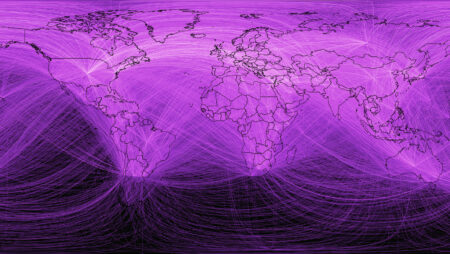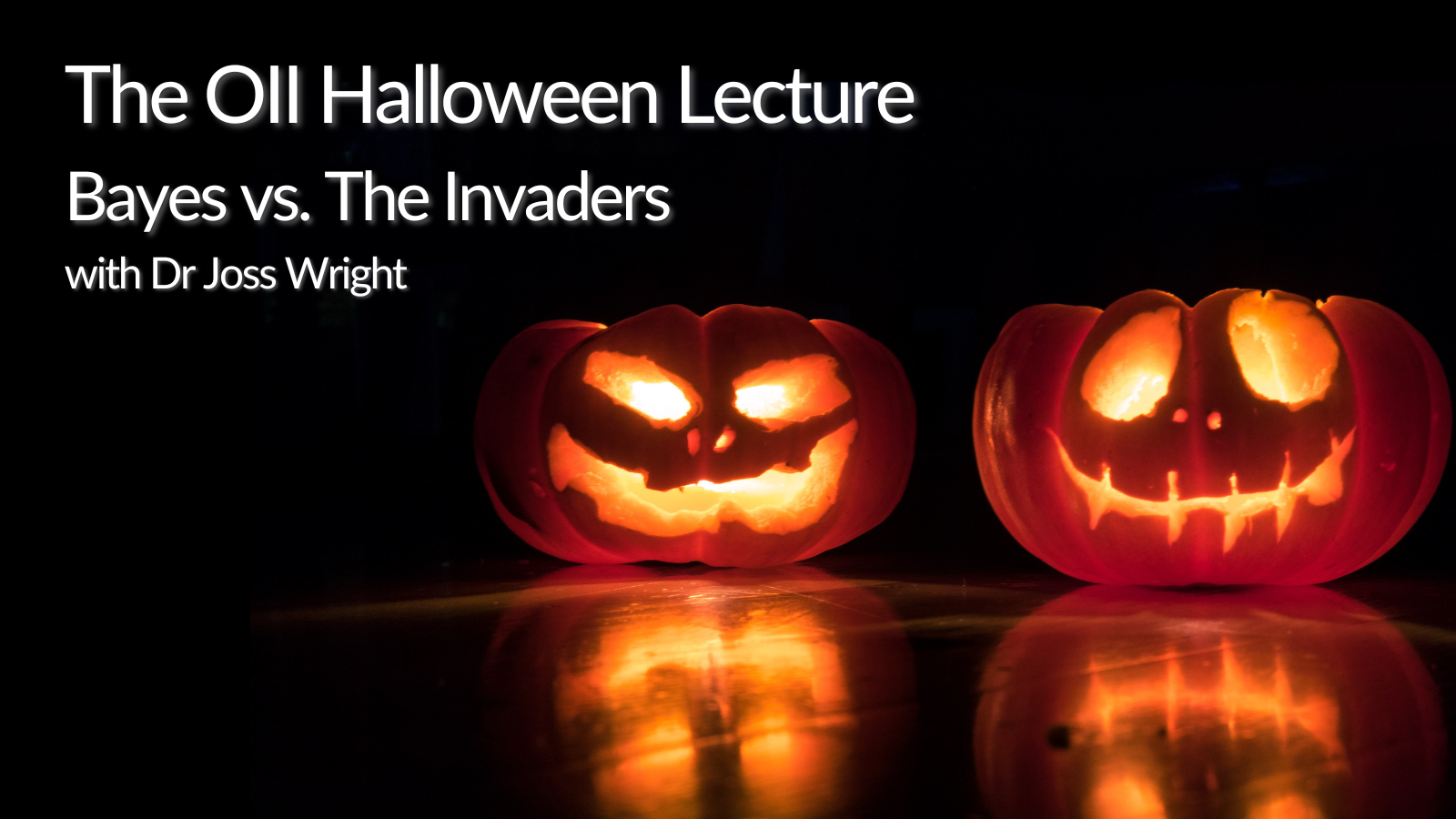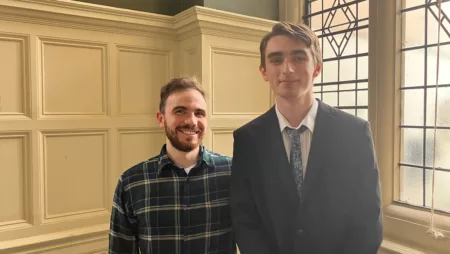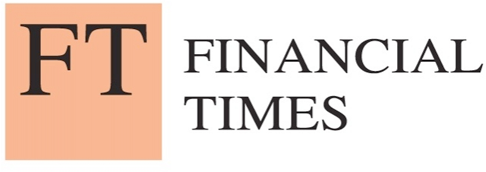About
Professor Joss Wright is an Associate Professor, Co-Director of the Oxford EPSRC Cybersecurity Doctoral Training Centre and a Co-Director of the Oxford Martin Programme on the Wildlife Trade. His work focuses on computational approaches to social science questions, with a particular focus on technologies that exert, resist, or subvert control over information.
Joss’ main areas of research are information controls, with a focus on internet censorship and shutdowns; privacy enhancing technologies and data anonymisation; and cybercrime, with a particular focus on the online illegal wildlife trade and its implications for biodiversity and conservation.
Joss gained his PhD in Computer Science at the University of York, where his work focused on the modelling and analysis of anonymous communication systems. Following this, he spent time at the University of Siegen in Germany, researching security and privacy issues in cloud computing. He joined the OII as a postdoctoral research fellow in 2010.
Research Interests
Information controls, internet censorship, illegal wildlife trade, conservation, privacy enhancing technologies, machine learning, bayesian statistical inference, computational social science.



















